The IFA has called for a raft of measures to be implemented by the Government and European Commission to help farmers deal with market losses as a result of the COVID-19 pandemic.
For beef farmers the Association has proposed that the EU common market organisation (CMO) measures including:
Direct payments to farmers for any price related market losses.Market supports in the form of specific and targeted aid to private storage.EU Commission protection for EU markets and prices, and suspension all non-EU beef imports.The EU should also immediately introduce a strong pan-European promotional programme at retail level on beef targeted at higher-value steak cuts, according to the IFA.
Sheep
On the sheep sector, the COVID-19 crisis is having a severe impact, with the loss of major market segments and price down as much as €1/kg or up to €23 per lamb at farm level, the IFA said.
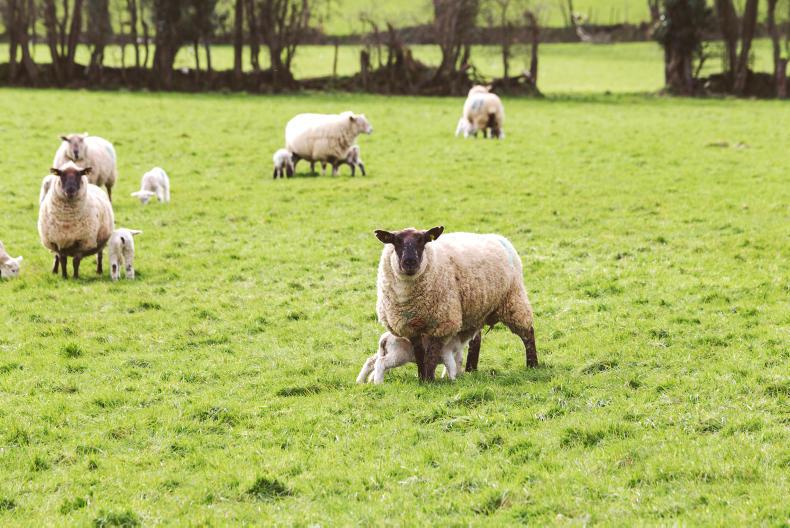
It has called for direct payments to farmers for any price-related market losses, along with:
The option of APS for the sector must be examined.A new EU promotional programme for lamb targeted at retail level needs to be introduced.The EU must review and suspend non-EU imports during the COVID-19 crisis if necessary, to protect producer prices.Dairy
For dairy farmers, the IFA believes a properly-designed, promptly-implemented aid to private storage (APS) scheme would provide the best support for the dairy sector in the face of market disturbances caused by COVID-19. It said this would also facilitate a prompt market recovery after the pandemic crisis comes to an end.
The IFA has stated:
APS is relevant to long life dairy products. Butter, cheese and SMP are all eligible.APS can be used even when the recorded average prices have not fallen below the reference thresholds. The solid experience of APS used by Irish operators, and the expectation of improved dairy demand in late-2020 or early-2021 would suggest that a suitably-designed APS scheme could be the most effective way to support markets and minimising commodity price reductions for the short to medium term.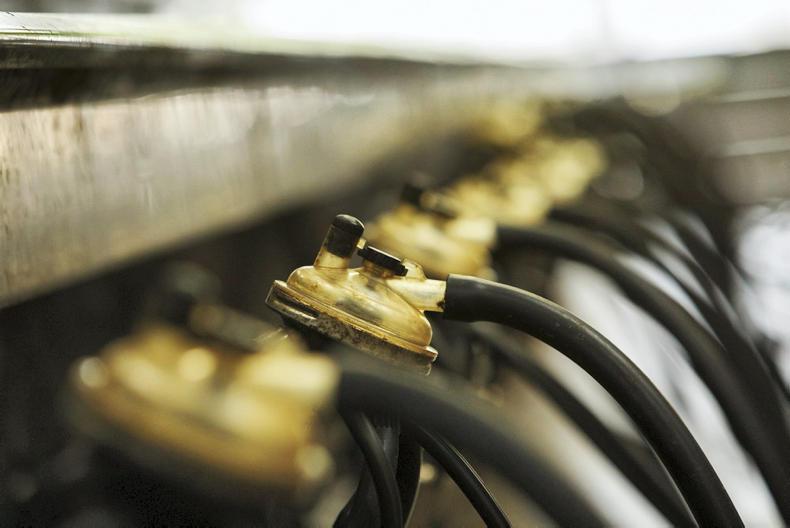
In its temporary framework to enable member states to further support the economy in the COVID-19 outbreak, the Commission provided for a relaxation of state aid rules to enable member states to fund temporary export credit insurance. The IFA has said the Government must seriously consider this measure for the dairy sector.
Tillage
The IFA is proposing that the Government and the Commission move quickly to examine the introduction of the following measures for the grain sector:
The EU common market organisation measures available under EU Regulation 1308/2013, Articles 219 to 221 must be immediately utilised to support farmers with direct payments for any price-related market losses.The EU must introduce a quota to limit the importation of maize from third countries. 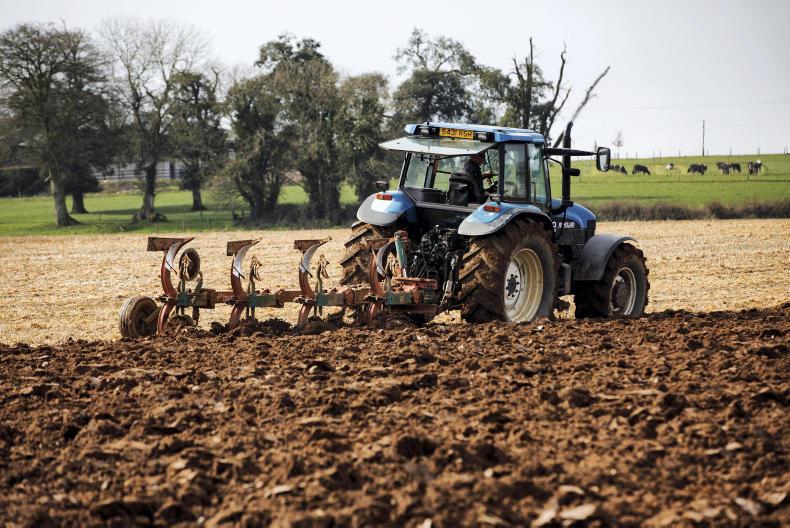
Pigmeat
For pig farmers, the IFA has said the main priority must be to keep the pig sector operational and keep routes to markets open.
“With five pig processing sites having a 92% share of the slaughtering capacity, the industry cannot cope with a closure, however temporary, of any sites,” according to the IFA. The IFA has proposed the following for pig farmers:
Market supports in the form of specific and targeted APS should be utilised to support specific products/parts of the market.Export credit facilities are required for certain pigmeat cuts, which have a significant value on particular exports markets that remain difficult to access due to logistical problems.Maintain vigilance in relation to African swine fever.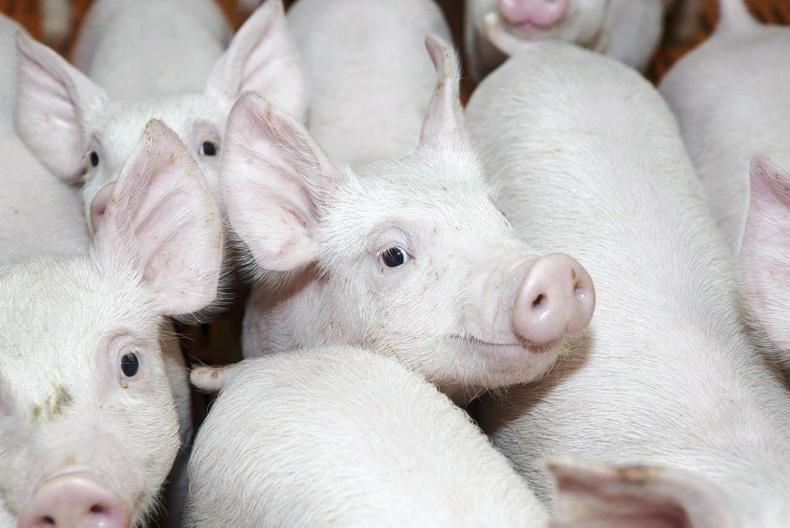
In terms of flexibilities under the CAP, the IFA has said that the Commission must agree to 100% payment of the Basic Payment Scheme (BPS) on 16 October 2020.

It has also proposed:
The split payments under the Rural Development Programme (RDP) must be suspended for 2020 with 100% payment for the ANC and the GLAS schemes commencing in September.That 100% payment for all other farm schemes issues from Autumn 2020.Where inspections have to be completed in a certain timespan, e.g. eligibility checks before BPS pay out, this must be waived for 2020.The various rules in all schemes must be monitored and changes allowed where these rules impact on the normal business of farmers.Nitrates
For farmers in a nitrates derogation, the IFA has said that farmers who exceed the stocking rate limits because of the impact of COVID-19 restrictions must be given the opportunity to address this, once normal trading resumes and must not be penalised. “This is a force majeure situation,” according to the IFA.
Low-cost loans
“It is critical that banks inject additional cash into the system to maintain liquidity. Cash flow is essential for farmers at this time and it is paramount that the banks provide farm families with the leeway to get through this extremely difficult period.
“The EU Commission must work with the European Investment Bank and the Strategic Banking Corporation of Ireland, to address working capital difficulties by providing low-cost loans to farmers, in particular low-cost term-loan products,” it said.
Farmers cannot be forgotten
IFA president Tim Cullinan has said the food chain will only work if it’s viable for all parts of the chain, including primary producers.
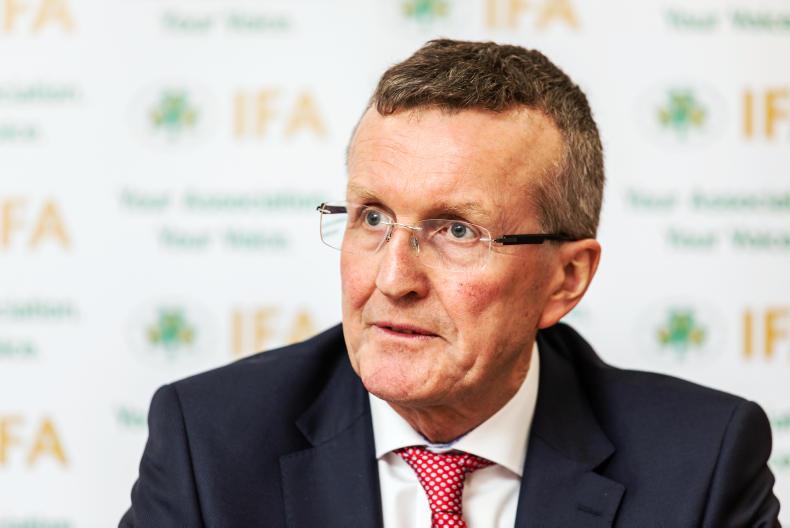
“The closure of the food service sector across Europe has hit Ireland disproportionately as we are an export country. While there has been an increase in retail sales across Europe, much of this is taken up by domestic suppliers who have surplus product due to food service closures in their country.
“We are facing massive challenges across all sectors, but the beef market is now in turmoil. We need significant measures urgently,” he said.
Public rows
Now is not the time for public rows, Cullinan said, adding that he wanted to make it clear that the processing sector will have to take its share of the pain during this crisis.
“They cannot expect farmers to carry the can. We have sent this submission to the EU Agriculture Commissioner and the Minister for Agriculture, who now has much more flexibility under State Aid rules. We appreciate that there lots of others who need support, but farmers cannot be forgotten,” he said.
Read more
Coronavirus: Department suspends on-farm visits for two weeks
Department has to approve marts to reopen for some services
Marts to reopen for limited services
The IFA has called for a raft of measures to be implemented by the Government and European Commission to help farmers deal with market losses as a result of the COVID-19 pandemic.
For beef farmers the Association has proposed that the EU common market organisation (CMO) measures including:
Direct payments to farmers for any price related market losses.Market supports in the form of specific and targeted aid to private storage.EU Commission protection for EU markets and prices, and suspension all non-EU beef imports.The EU should also immediately introduce a strong pan-European promotional programme at retail level on beef targeted at higher-value steak cuts, according to the IFA.
Sheep
On the sheep sector, the COVID-19 crisis is having a severe impact, with the loss of major market segments and price down as much as €1/kg or up to €23 per lamb at farm level, the IFA said.

It has called for direct payments to farmers for any price-related market losses, along with:
The option of APS for the sector must be examined.A new EU promotional programme for lamb targeted at retail level needs to be introduced.The EU must review and suspend non-EU imports during the COVID-19 crisis if necessary, to protect producer prices.Dairy
For dairy farmers, the IFA believes a properly-designed, promptly-implemented aid to private storage (APS) scheme would provide the best support for the dairy sector in the face of market disturbances caused by COVID-19. It said this would also facilitate a prompt market recovery after the pandemic crisis comes to an end.
The IFA has stated:
APS is relevant to long life dairy products. Butter, cheese and SMP are all eligible.APS can be used even when the recorded average prices have not fallen below the reference thresholds. The solid experience of APS used by Irish operators, and the expectation of improved dairy demand in late-2020 or early-2021 would suggest that a suitably-designed APS scheme could be the most effective way to support markets and minimising commodity price reductions for the short to medium term.
In its temporary framework to enable member states to further support the economy in the COVID-19 outbreak, the Commission provided for a relaxation of state aid rules to enable member states to fund temporary export credit insurance. The IFA has said the Government must seriously consider this measure for the dairy sector.
Tillage
The IFA is proposing that the Government and the Commission move quickly to examine the introduction of the following measures for the grain sector:
The EU common market organisation measures available under EU Regulation 1308/2013, Articles 219 to 221 must be immediately utilised to support farmers with direct payments for any price-related market losses.The EU must introduce a quota to limit the importation of maize from third countries. 
Pigmeat
For pig farmers, the IFA has said the main priority must be to keep the pig sector operational and keep routes to markets open.
“With five pig processing sites having a 92% share of the slaughtering capacity, the industry cannot cope with a closure, however temporary, of any sites,” according to the IFA. The IFA has proposed the following for pig farmers:
Market supports in the form of specific and targeted APS should be utilised to support specific products/parts of the market.Export credit facilities are required for certain pigmeat cuts, which have a significant value on particular exports markets that remain difficult to access due to logistical problems.Maintain vigilance in relation to African swine fever.
In terms of flexibilities under the CAP, the IFA has said that the Commission must agree to 100% payment of the Basic Payment Scheme (BPS) on 16 October 2020.

It has also proposed:
The split payments under the Rural Development Programme (RDP) must be suspended for 2020 with 100% payment for the ANC and the GLAS schemes commencing in September.That 100% payment for all other farm schemes issues from Autumn 2020.Where inspections have to be completed in a certain timespan, e.g. eligibility checks before BPS pay out, this must be waived for 2020.The various rules in all schemes must be monitored and changes allowed where these rules impact on the normal business of farmers.Nitrates
For farmers in a nitrates derogation, the IFA has said that farmers who exceed the stocking rate limits because of the impact of COVID-19 restrictions must be given the opportunity to address this, once normal trading resumes and must not be penalised. “This is a force majeure situation,” according to the IFA.
Low-cost loans
“It is critical that banks inject additional cash into the system to maintain liquidity. Cash flow is essential for farmers at this time and it is paramount that the banks provide farm families with the leeway to get through this extremely difficult period.
“The EU Commission must work with the European Investment Bank and the Strategic Banking Corporation of Ireland, to address working capital difficulties by providing low-cost loans to farmers, in particular low-cost term-loan products,” it said.
Farmers cannot be forgotten
IFA president Tim Cullinan has said the food chain will only work if it’s viable for all parts of the chain, including primary producers.

“The closure of the food service sector across Europe has hit Ireland disproportionately as we are an export country. While there has been an increase in retail sales across Europe, much of this is taken up by domestic suppliers who have surplus product due to food service closures in their country.
“We are facing massive challenges across all sectors, but the beef market is now in turmoil. We need significant measures urgently,” he said.
Public rows
Now is not the time for public rows, Cullinan said, adding that he wanted to make it clear that the processing sector will have to take its share of the pain during this crisis.
“They cannot expect farmers to carry the can. We have sent this submission to the EU Agriculture Commissioner and the Minister for Agriculture, who now has much more flexibility under State Aid rules. We appreciate that there lots of others who need support, but farmers cannot be forgotten,” he said.
Read more
Coronavirus: Department suspends on-farm visits for two weeks
Department has to approve marts to reopen for some services
Marts to reopen for limited services












 This is a subscriber-only article
This is a subscriber-only article








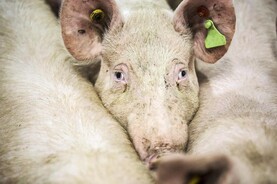

SHARING OPTIONS: